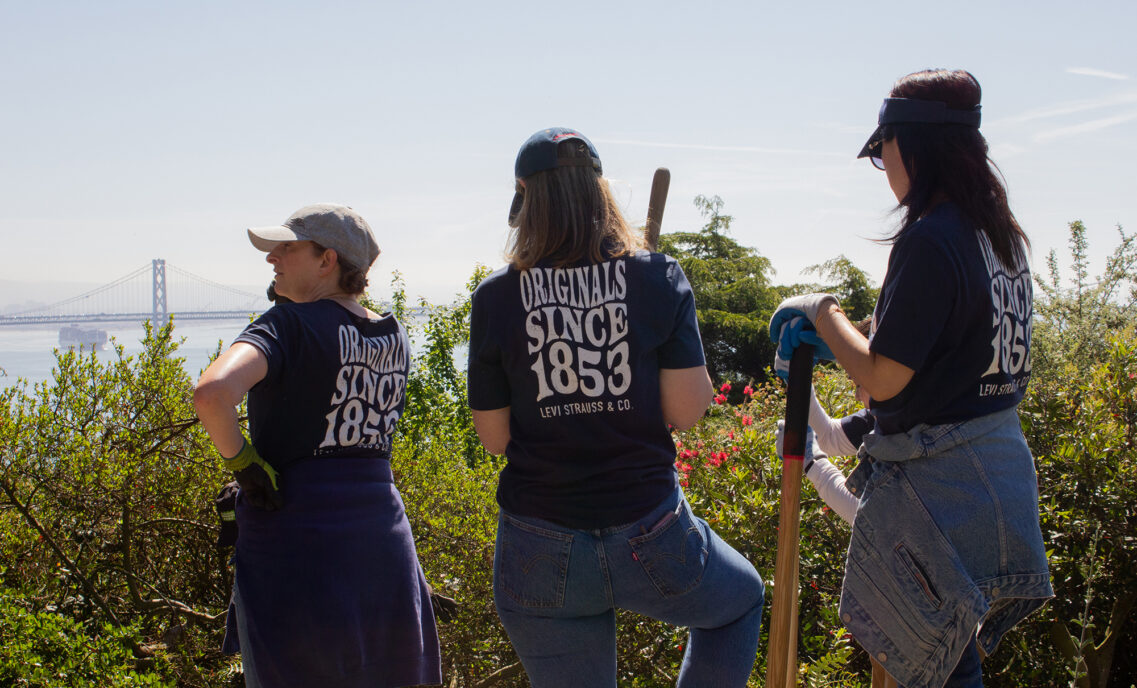We take great pride at this company in ensuring the dignity, respect and safe working conditions of not only our employees, but also the workers around the world who make our products.
In fact, 20 years ago, we took the labor, health, safety and environmental standards we used in our own factories and effectively told our vendors, “Here. These are now your standards.”
It was a big risk, one that many said would put us out of business. But it was the right thing to do.
And guess what? We’re still here.
Not long after we implemented what we call our Terms of Engagement, others in the industry followed suit. It has become the new normal of most major apparel brands and those in other industries, as well.
But there is still much to do. With factories in developing countries around the world, there were – and always will be – problems on the ground. From December’s tragic factory fires in Bangladesh to abuses against migrant workers, we still see setbacks.
And even though we’ve made progress in a number of areas, the hard truth is: we haven’t gone nearly far enough in improving the everyday lives of the people who make our products.
With that in mind, even as we remain committed to the work at hand, it’s time to look ahead – at what we propose ought to become the new apparel industry standard of social, economic, and environmental sustainability.
Our intention is to build new requirements with our key suppliers that align with a number of the United Nations Millennium Development Goals, including:
- Eradicating extreme poverty and hunger
- Improving maternal and child health
- Combating HIV/AIDs, and other diseases
- Promoting gender equality and empowering women
- Ensuring environmental sustainability
Following the rules and conditions of labor rights and workplace safety and health will continue to be an embedded part of the way we operate. We have no intention of stepping back from our compliance requirements.
But we are actually asking ourselves and our suppliers to do more: We are going to find new ways to measure success by focusing on improving the actual living conditions of workers whose lives we touch.
We’ll spend the next year working with suppliers, non-governmental organizations, investors, activists and governments in developing these new requirements. And we’ll provide updates along the way.
Improving the lives of those who make our products goes beyond apparel workers themselves. When their lives are better, they become more productive, dependable, and efficient. That’s good for them – and for business.






